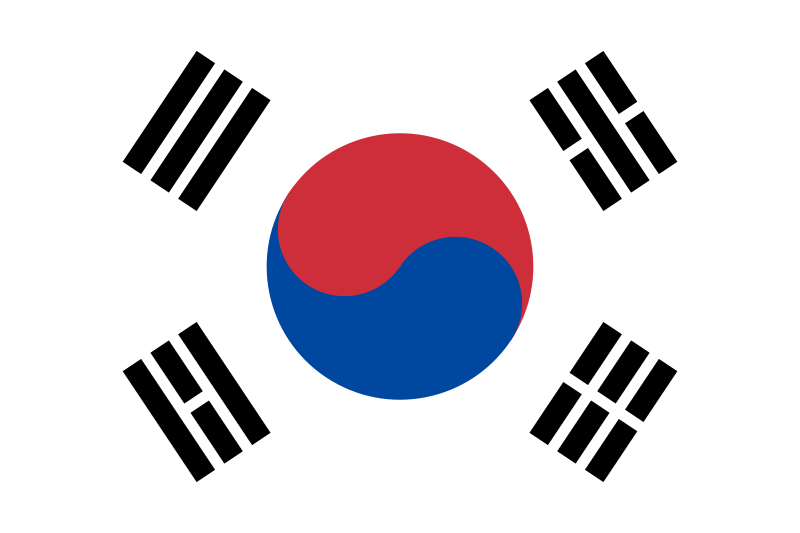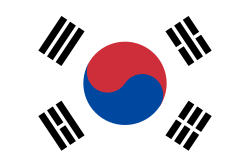German colonialism begins
After being stranded for so long on old Terra, surrounded by many other nations and no space to expand, Germany had no other choice but to expand into far away lands. So Hanz have decided to send his best men on a long sea voyage in hope of discovering this so called new world, which legends spoke of. After discovering the necessary technologies for building great ships a ship building program was started at once at the only port which Germany had on the North Sea. Having many friends Germany shared with them maps and technology in hope that they will too expand and grow steady. Except this small group of friendly nations, no others contacted us for possible trades, so Germany decided to offer it as a free gift to others who have in the past been friendly towards us.
The long term goal for Hanz was the economic exploitation of the new world’s natural resources, creation of new markets for Germany, and extension of Germany's way of life beyond its national borders.

After a 4 month long voyage the 1st German ships arrived at the coast of this unknown and so different world. The local tribes were very aggressive towards us, with no provocations they attacked one of the first German settlements Nov Dom burning it to the ground and killing all the people in it.

Hearing of this Hanz orders an immediate counter attack, so more troops were brought from the main land to assist the new setters.

After a couple of weeks nothing remained of the savages! For now peace was establish and Nov Dom was rebuild.
After being stranded for so long on old Terra, surrounded by many other nations and no space to expand, Germany had no other choice but to expand into far away lands. So Hanz have decided to send his best men on a long sea voyage in hope of discovering this so called new world, which legends spoke of. After discovering the necessary technologies for building great ships a ship building program was started at once at the only port which Germany had on the North Sea. Having many friends Germany shared with them maps and technology in hope that they will too expand and grow steady. Except this small group of friendly nations, no others contacted us for possible trades, so Germany decided to offer it as a free gift to others who have in the past been friendly towards us.
The long term goal for Hanz was the economic exploitation of the new world’s natural resources, creation of new markets for Germany, and extension of Germany's way of life beyond its national borders.

After a 4 month long voyage the 1st German ships arrived at the coast of this unknown and so different world. The local tribes were very aggressive towards us, with no provocations they attacked one of the first German settlements Nov Dom burning it to the ground and killing all the people in it.

Hearing of this Hanz orders an immediate counter attack, so more troops were brought from the main land to assist the new setters.

After a couple of weeks nothing remained of the savages! For now peace was establish and Nov Dom was rebuild.
 The Great Lighthouse towered over London and was a source of pride for the whole nation. Not only was it an important memorial for the war dead and a monument to peace, trade and cooperation the Great Lighthouse served a practical purpose. It truly was the largest lighthouse in the world and helped guide ships in to the London harbor. This eased trade and shipping in this, the busiest port in the world. At the furthest north eastern corner of the continent, London sat at the intersection of the Americans and Incans in the west and Zulu, Indians and Hittites in the south. England became adept traders and sea merchants.
The Great Lighthouse towered over London and was a source of pride for the whole nation. Not only was it an important memorial for the war dead and a monument to peace, trade and cooperation the Great Lighthouse served a practical purpose. It truly was the largest lighthouse in the world and helped guide ships in to the London harbor. This eased trade and shipping in this, the busiest port in the world. At the furthest north eastern corner of the continent, London sat at the intersection of the Americans and Incans in the west and Zulu, Indians and Hittites in the south. England became adept traders and sea merchants.



 Incho: What do I owe this lovely visit to?
Incho: What do I owe this lovely visit to? Al: There is trouble at the capital. Our leader is very sick... we fear he may die without your medical help.
Al: There is trouble at the capital. Our leader is very sick... we fear he may die without your medical help. Mandela: Royal Councel, Levi has once again sabotaged the Zulu people, even beyond the grave. We must work to repair the damage caused, and the Zulu's reputation.
Mandela: Royal Councel, Levi has once again sabotaged the Zulu people, even beyond the grave. We must work to repair the damage caused, and the Zulu's reputation.
 The latter half of the Buyeo dynasty was marked by gradual decline. Go Uru inflicted high taxes upon the fur traders of Seoul, causing them to move to neighboring Egypt. For generations afterwards, Korean trade and economy suffered, though she was still a pre-eminant economic power. The one notable event of this period was the establishment, in 190 CE, of the
The latter half of the Buyeo dynasty was marked by gradual decline. Go Uru inflicted high taxes upon the fur traders of Seoul, causing them to move to neighboring Egypt. For generations afterwards, Korean trade and economy suffered, though she was still a pre-eminant economic power. The one notable event of this period was the establishment, in 190 CE, of the 

Comment